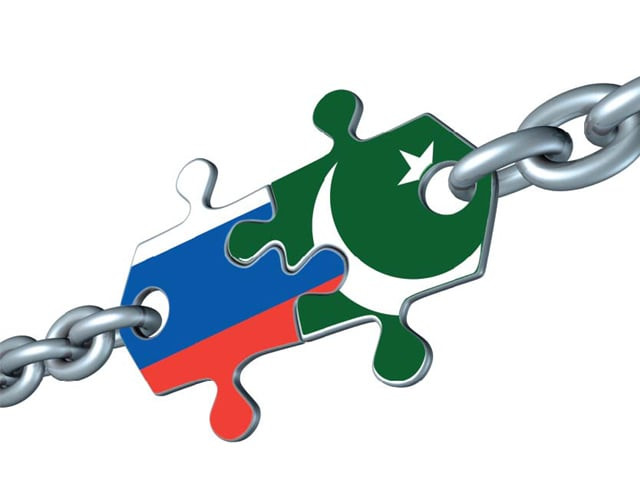Islamabad:
China seemed to be out of the race to obtain the contract for the Renaissance of Pakistan Steel Mills (PSM), since Pakistan and Russia signed a protocol on the matter on Friday with the aim of restarting and expanding the production of steel in the country and marking a new chapter in the cooperation of Pak-Russian.
The protocol to restore and modernize the PSM in Karachi was signed by the Secretary of Industries Saifum and General Director of Industrial Engineering LLC Vadim Velichko at the Pakistan Embassy in Moscow, according to a statement issued here.
The signature ceremony was witnessed by the special assistant of Prime Minister Haroon Akhtar Khan, Pakistan’s ambassador to the Russian Federation, Muhammad Khalid Jamali and others. Khan is currently on a visit to Russia with the mission of seeking help for the Renaissance of the PSM.
“Relivating the PSM with the support of Russia reflects our history and commitment shared with a stronger industrial future,” Khan said, according to the statement. He said that the PSM was originally built with the assistance of the former Soviet Union in 1971, and had remained a lasting symbol of Pakistan-Russia ties.
The PSM had begun to crumble in 2008. An important reason behind the mill failure was thousands of new quotes, global recession and other factors. The PSM recorded a loss of RS16.9 billion in 2008-09, which increased to RS118.7 billion in five years.
The successive governments of the Peoples Party of Pakistan (PPP) and the Pakistan-Nawaz Muslim League (PML-N), which had been in power from 2008 to 2018, had not been able to efficiently administer this industrial giant, whose financial problems continued due to high losses of all time.
Later, the Government of Pakistan Tehreek-E-Insaf (PTI) launched an initiative to revive it, which caused a race between China and Russia to obtain the contract. Initially, the PTI government was inclined towards China and had begun negotiations with a Chinese company, but the conversations could not materialize.
The Russians, on the other hand, had affirmed that since the project had been built by them with Russian technology; Therefore, they were in the best place to find a solution to the problems of the sick unit and work again.
The PSM had a cumulative benefit of RS9.54 billion until the financial year 2007-08 during the mandate of then President Pervez Musharraf. During the next 10 years, their losses continued to increase, reaching RS200 billion at the end of their mandate on May 31, 2018.
The liquidity crunch in the country, the import of steel products at lower prices and a closure of production units due to gas interruptions were among the main inconveniences faced by the PSM. An avalanche of cheap steel imports from China also created obstacles in the soft PSM functioning.
At a meeting of the Economic Coordination Committee (ECC) on March 19, 2016, the officials of the Ministry of Industries considered that the Free Trade Agreement (FTA) of Pakistan -China, in force since 2007, was responsible for the financial collapse of the PSM.
During the mandate of the PML-N government, a rescue of RS18.5 billion was approved and the Ministry of Industries had the task of increasing the use of the PSM capacity to 77%, the equilibrium point, in January 2015 so that it could put on sale.




